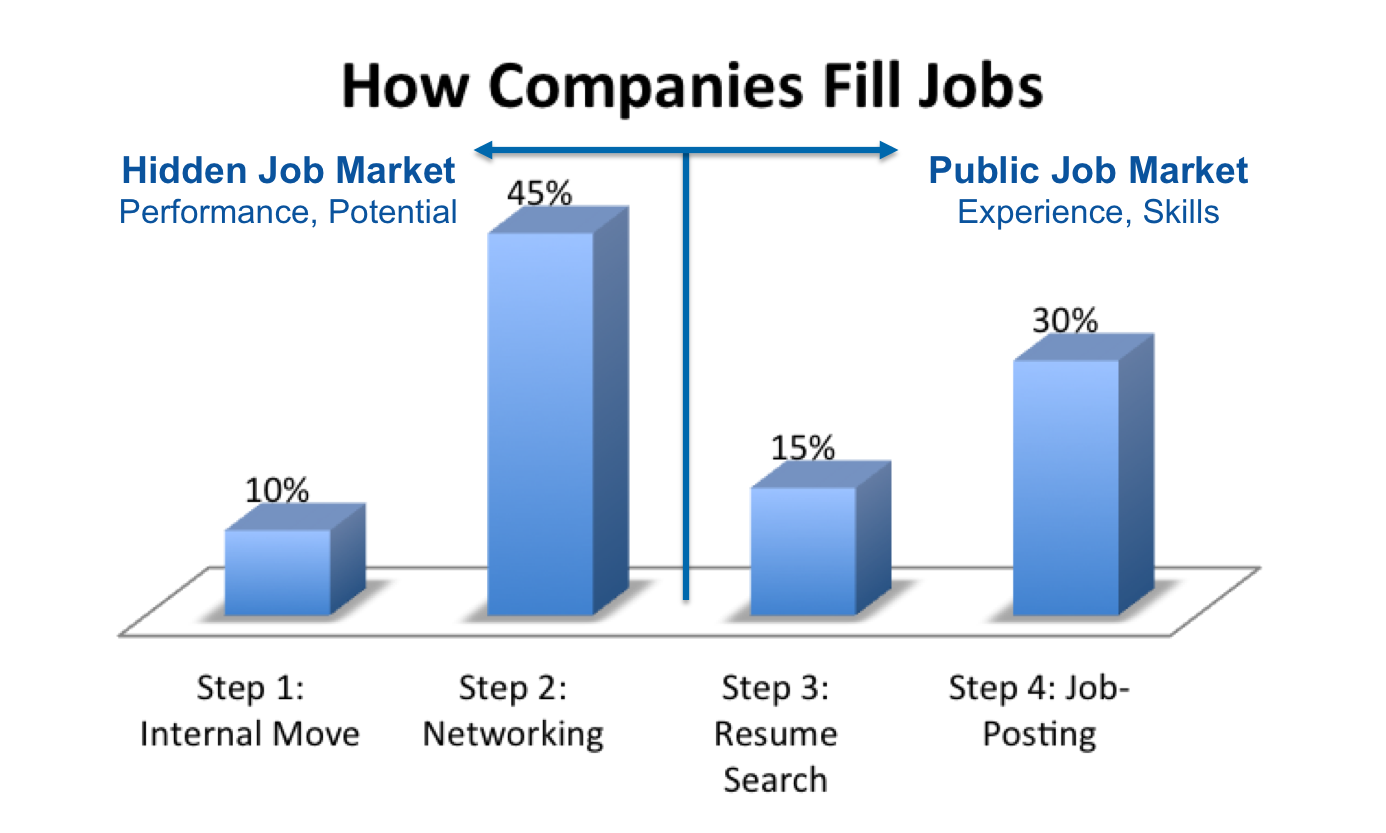What is Drupal? or, My retraining in Software Development
Confessions of a Drupalvangelist
Anyone who’s been around me for the past 6-12 months has been inundated with my evangelism of eCommerce in general and Drupal + PHP. This is actually a bit strange for me, as a 20+ year software industry professional, I’ve spent most of my time in the world of extremely sophisticated software tools and languages – several of the startups I’ve worked at and/or launched were based on software tools to build software, so I’ve been in the middle earth of software for awhile.
The So Cal engineering gap? I’ve been able to study the Southern Cal software dev scene as an insider for over 2 years now. As a native LA person, I’m gratified to see so much code and code talk flying around my town. But, there is a serious gap in the discipline, number of developers and community around real software development here. Also lot’s of fake, wanna be CTOs here. (So L.A.) This imbalance keeps L.A. from catching up with Silicon Valley and New York as a stronger startup region. In my career I’ve seen many times the positive effect of a rich software development discipline, full life cycle, QE vs. QA, test driven development, all the “other” parts of SW dev.
The strongest impact on improving this situation is Silicon Valley and Seattle companies – Google, Facebook, Amazon, Microsoft and others are making enormous investments in building So Cal as a software town. They bring with them confidence, tools, brilliant people and believe it or not, Drupal and PHP.
Drupal has a worldwide engine of real software discipline. The So Cal Drupal scene is highly regarded and has several free meetings every week to teach advanced software life cycle issues. The Getty, USC, The Grammys, MTV, and many more giant websites built in L.A. are built on Drupal.
What is Drupal? Drupal works at all levels of software development. Drupal and PHP were tools I’ve acknowledged for a decade but never studied much. Then last year I decided to re-educate myself in software development, but this time as a regular ol’ coder. Although I have an EE and CS education, my best contribution to technology businesses has been in strategy/sales/marketing/leadership. I’ve had 7 jobs in Silicon Valley in software development companies, but 6 of the 7 were in business development.
When I dove into development with a focus on the future and e-commerce I quickly saw that Drupal and thereby PHP are taking over the scene. Sure you have Ruby, Python, many others, but PHP is winning because it’s so accessible to newbies, and it manipulates the server side continuously, allowing e-commerce, social, geolocation and other apps. Big boy applications.
The world has changed – software development, app dev, and software engineering are taking over the center of the conversation, and Drupal/PHP is taking over the lead. You can actually have a successful startup now with just developers, with just one (although I don’t recommend this), if they’re savvy and humble enough.
What is Drupal? Drupal is prevalent in the Silicon Valley ecosystem? In the birthplace of Java, BSD, SQL and many other critical software technologies, Drupal and PHP are spreading like a California wildfire. Drupal has recently permeated places like Stanford; there are over 1,000 sites on campus now. Ther are 20+ major Drupal dev shops up there, they have BAD Camp every year, one of the top Drupal camps in the world.
What is Drupal? Drupal can make a non-developer earn $60-100,000 per year within a year of study. A Drupal or PHP developer here can make from $50 to $200 per hour; I see it all the time. The problem in So Cal is that the discipline part is weak; we’re just not steeped in the cmplete range of what full cycle development, test, etc. are as a region. PHP and Drupal are partly at fault for this – people who never attended Engineering school can learn these tools in less than year without learning formal computer sciense discipline.
What is Drupal? Drupal is an overly friendly community of helpful people and ample free training and coaching. Drupal is also free open source software with functionality for every possible web application. When I moved back to L.A. in 2010, I gradually saw that among our weaknesses we were very strong in E-Commerce, Fashion Commerce, Mobile Commerce, Content Communities, dynamic sexy websites and it was all based on varieties of PHP/LAMP. Drupal’s weaknesses as a software language tool (push button programming, configuring, too easy, more IT than software dev) are actually its strengths. Even the best software hackers should hack less and use that time to build more functionality and usability.
What next?
1. Go to drupal.org, join up for free, find me there I’m tomn
And contact me if you want my help on anything Drupal or PHP…
[contact-form][contact-field label=’Name’ type=’name’ required=’1’/][contact-field label=’Email’ type=’email’ required=’1’/][contact-field label=’Website’ type=’url’/][contact-field label=’Comment’ type=’textarea’ required=’1’/][contact-field label=’Drupal or PHP experience’ type=’text’/][/contact-form]
